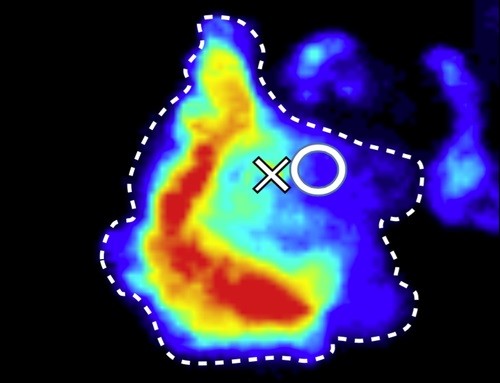Scientists have developed the smallest and most precise thermometer ever that is allowed by the current laws of physics where even the most minute fluctuations in microscopic proportions can be read, like the temperature inside a living cell.
Researchers from the University of Nottingham have devised a highly sensitive thermometer that is measured at an unimaginable handful of atoms which is small enough to possess some distinct quantum features.
This new generation of ultra sensitive and nanoscale thermometers is a breakthrough when it comes to technology that can be applied in the fields of bioscience, chemistry, physics and in crucial medical diagnosis and the treatment of various diseases.
This new study is also part of a collaboration between Nottingham's School of Mathematical Sciences' Quantum Correlations Group along with the Quantum Information Group in Universitat Autònoma de Barcelona.
According to lead author of the study Gerardo Adesso from Nottingham University, in this new study, probes are characterized intensively and full where these tools can provide an estimate temperature with maximum precision and accuracy which also include the margin of error that might entail this temperature estimate.
With this new information and technology along with its useful application, the tools of quantum metrology that involves completely precise measurements on quantum systems can be used fully with this new thermometer.
The scientists involved in this study also presented scenarios that even if the thermometer is expected to produce an accurate estimate, there are still chances of sacrificing some accuracy to discover new features of the thermometer such as more sensitivity over a vast array of temperatures.
Researchers also explored how much time it will take to achieve the maximum accuracy that will be readily available in realistic situations or events for temperature readings that can be produced in a short amount of time.
This study is published in the journal, Physical Review Letters.



























